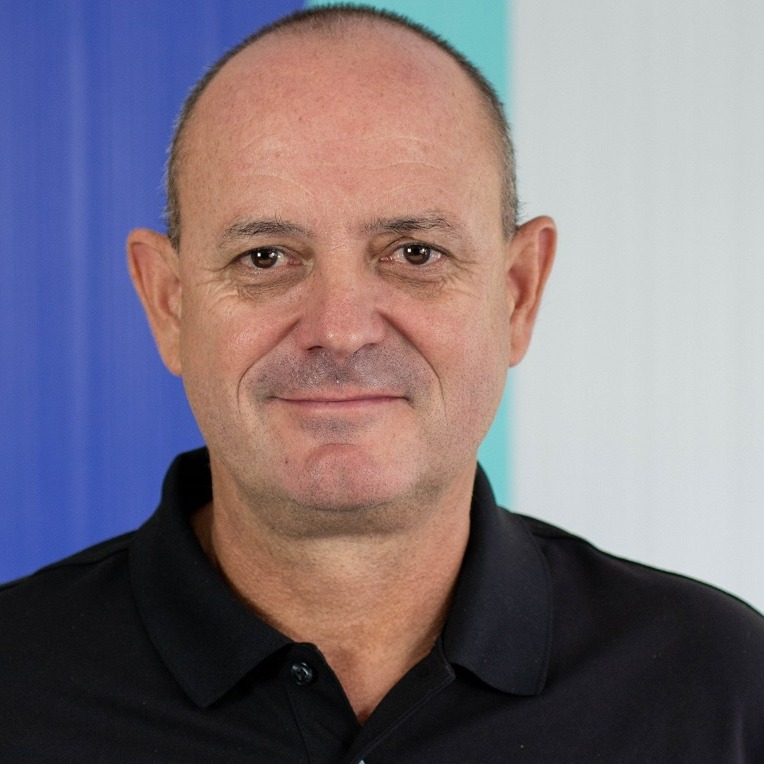Walking the regulatory tightrope
Striking a balance for fintech innovation and a healthy industry
Between 2020 and 2021, the number of tech start-ups in Africa tripled to around 5,200 companies. Just under half of them were fintechs, making it the fastest-growing start-up industry in Africa. Their success is due to several trends such as the digital boom during the pandemic and increasing smartphone ownership and internet coverage, as well as fewer of the regulatory requirements applied to banks and other financial institutions.
But regulators have jumped in to change this – and with good reason. One Deloitte review found that about half of the regulatory infractions committed by fintechs involve consumer mistreatment, while one in five related to privacy violations. The FBI has also investigated potential terrorist financing carried out through a leading fintech company.
Clearly, regulation is necessary, says Mark Dankworth, President of Business Development Africa at leading banking-as-a-service and embedded finance enablement partner, Ukheshe. “Regulators have started taking more notice for good reason. In some African markets, fintechs were left to grow almost unchecked, creating gaps for mobile money crimes, fraud, and money laundering.”
Now, the shoe is on the other foot in many instances. “In addition to uneven infrastructure across markets, fintechs in Africa now also have to contend with a fragmented financial regulatory framework. While regulatory bodies in some countries support an enabling environment, for example by creating fintech sandboxes, others have over-corrected, hampering the digital growth and financial inclusion that is so desperately needed in many economies. To operate in Ethiopia, for example, fintechs now need to obtain an extremely expensive licence that’s just not feasible for anyone except the biggest players. In other markets, it can take up to two years before similar licences are issued. This can make it difficult for fintechs to ensure business continuity and compliance across markets. Regulation is the biggest challenge facing almost every fintech.”
Regulators and the financial industry now need to strike a balance between fostering innovation and ensuring consumer protection and financial stability. One way of doing so is to create partnerships between fast-moving fintechs and existing regulated entities such as banks, to leverage innovative models like Banking as a Service, Card as a Service, and Fintech as a Service. “For Ukheshe, this has proven to be an extremely successful strategy. Banks are already well-regulated entities, but that red tape often makes them slow in adopting new trends and strategies – which fintechs are really good at. So, some forward-thinking banks and fintechs have started partnering, structuring the fintech strategies and technologies under banking processes. The funds sit with the bank, without the fintech having access to it, and the bank reports to the regulator. Customers essentially become bank customers, but benefit from the new technologies created by the fintechs.”
This weeds out fraudsters and even fly-by-night fintechs that don’t have solid business models, protecting consumers. “These players not only hurt consumers, but the entire industry. Fintechs need to build trust with consumers, and one bad apple can give everyone a bad name. It is a space that needs to be regulated, no question about it, but at the same time, legitimate companies shouldn’t be hamstrung by slow-moving processes.”
The next hurdle will be to create wider-reaching regulations in Africa, says Dankworth. “Broadly speaking, the East African Community (EAC) and Economic Community of West African States (ECOWAS) regions and the Southern African Development Community (SADC) regions all have different rules and processes on how money can move. If regulators got together and created encompassing processes to drive remittances across Africa, it could be of huge value for the entire continent. Not only would it drive innovation and development, but it would reduce the costs and hassles of remittances for millions of Africans that need to transfer these funds in order to survive. It’s time to give the broader population comfort in the fact that digital payments are the way to go – it’s quicker, safer, and cheaper than cash. It’s the way of the future.”
